Smart Cities are Getting Smarter in Surprising Ways
By MYBRANDBOOK

New technologies and approaches spur five key smart cities strategy shifts
Oyster Bay, New York - It’s time for smart cities to embrace new technologies and approaches to combat a growing list of challenges, states global tech market advisory firm, ABI Research. In its new whitepaper, 5 Ways Smart Cities Are Getting Smarter, ABI Research identifies digital twins & urban modeling, resilient cities, circular cities, micro-mobility, and smart spaces as the five new urban strategy shifts that will make smart cities surprisingly smarter.
Cities have faced challenges like congestion, pollution, and safety for decades, and most have a plan to combat them. While they continue to face these traditional issues, new threats such as cyberattacks, climate change, and other emerging problems are mounting. “This new reality requires new approaches, leveraging a range of new technologies to create true strategy shifts,” says Dominique Bonte, Vice President at ABI Research.
While smart city tech investments will reach over US$61 billion globally in 2026, most of the expenditure will be for incremental improvements. “In fact, it is an illusion to believe that adding just a shallow layer of IoT technology to legacy urban environments will allow cities to address the urban challenges of the future, ranging from the provision of sustainable energy to the adoption of smart mobility and the construction of resilient cities,” Bonte explains.
The first strategy shift on the horizon is holistic, real-time modeling (digital twins of entire cities), and the automated, generative design of urban environments, both brownfield and greenfield. “Modeling cities and optimizing operations through digital twins is great; designing them from scratch with Artificial Intelligence (AI) tools is better,” says Bonte.
The second strategy shift is migrating from a focus on “safe and secure cities” to resilient cities. This shift is where next-generation technologies and paradigms can be fully leveraged. Due to their dense character, urban areas are extremely vulnerable to both loss of life and economic value (GDP). Cities need to be ready and prepared for such events in terms of evacuation emergency response procedures. To make cities fully resilient, it is vital to be able to predict (with the help of advanced AI and deep learning approaches) and, whenever possible, avoid disasters.
Moving from green and sustainable cities to circular cities is the third strategy shift. “It is about turning entire cities into circular entities, eliminating their “outside of the city” footprints entirely by achieving large degrees of self-support and self-sufficiency in areas like energy generation,” says Bonte. Sharing, recycling, repairing, refurbishing, and repurposing materials, assets, and natural resources are guiding principles of circular economies. “This represents the endgame for smart cities.”
Adding micro-mobility into the mix is a strategy shift known as Mobility 2.0. With mass market uptake of both driverless vehicles and consumer-owned EVs not expected any time soon, cities are embracing electric, two-wheel, micro-mobility to reduce congestion (through their innate ability to mingle with four-wheel traffic) and provide cleaner mobility to address rampant air pollution. Bonte explains, “While earlier docked, non-electric bike-sharing schemes never really took off, citizens across the globe are now massively adopting dockless electric bike and scooter sharing, and to a lesser extent electric motorbike sharing, offering a much higher level of convenience due to their ubiquitous availability and powered operation.”
The last strategy shift is rethinking the urban built environment through smart spaces. Many of the shifts discussed earlier are impacting how public space is used. The most obvious example is the decommissioning and repurposing of parking lots and buildings in cities enjoying high levels of car-sharing adoption. Catering to new forms of mobility, modular roads, and energy-generating roads and sidewalks are just some of the possibilities considered. The expansion and active management of green spaces is also high on the agenda of urban designers.
Cities are experiencing somewhat of a revolution as to how they plan to tackle the myriad fundamental challenges that they are facing. “Bolder, more holistic, cross-vertical, and closed-loop approaches are required to optimize and maximize the potential of available resources and services. This can only be done by leveraging a range of very advanced technologies including, urban modeling and digital twins, AI and automation, demand-response software, edge/cloud platforms, and generative design,” Bonte concludes.


Legal Battle Over IT Act Intensifies Amid Musk’s India Plans
The outcome of the legal dispute between X Corp and the Indian government c...

Wipro inks 10-year deal with Phoenix Group's ReAssure UK worth
The agreement, executed through Wipro and its 100% subsidiary,...

Centre announces that DPDP Rules nearing Finalisation by April
The government seeks to refine the rules for robust data protection, ensuri...

Home Ministry cracks down on PoS agents in digital arrest scam
Digital arrest scams are a growing cybercrime where victims are coerced or ...

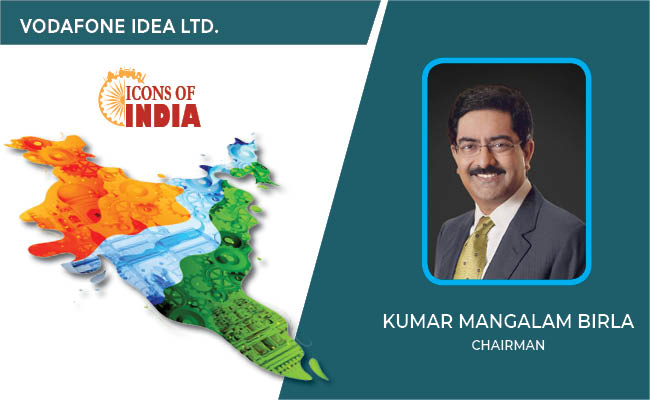
Icons Of India : Kumar Mangalam Birla
Aditya Birla Group chairman Kumar Mangalam Birla recently made a comeb...
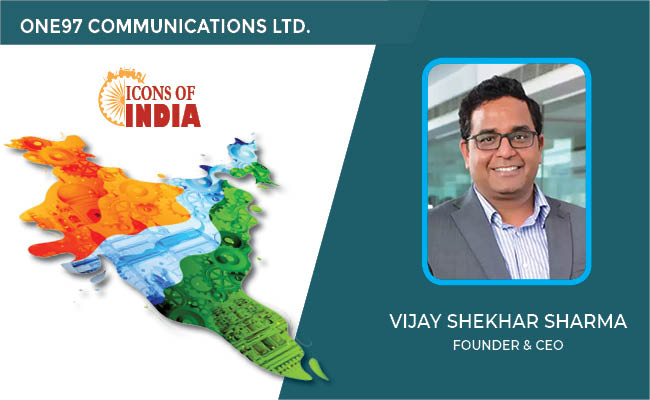
ICONS OF INDIA : VIJAY SHEKHAR SHARMA
Vijay Shekhar Sharma is an Indian technology entrepreneur and multimil...
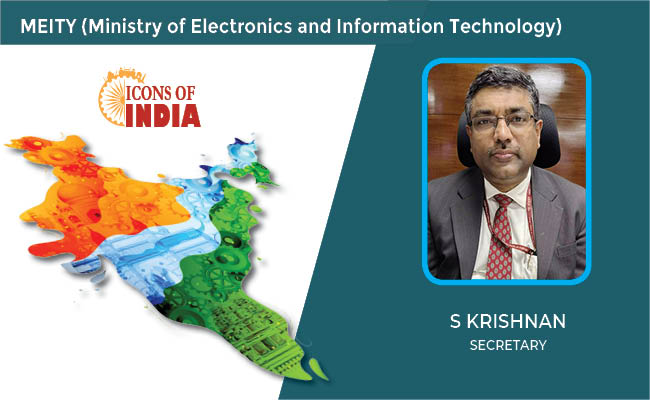
ICONS OF INDIA : S KRISHNAN
S Krishnan as the secretary for the electronics and information techno...

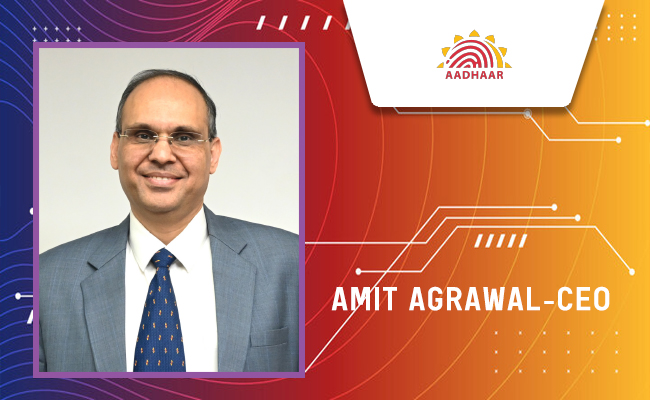
UIDAI - Unique Identification Authority of India
UIDAI and the Aadhaar system represent a significant milestone in Indi...
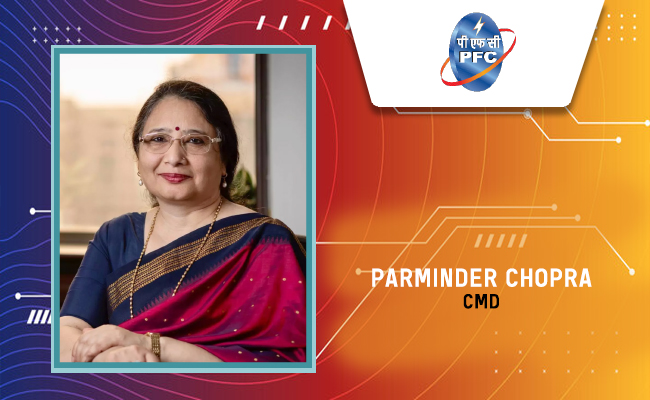
PFC - Power Finance Corporation Ltd
PFC is a leading financial institution in India specializing in power ...
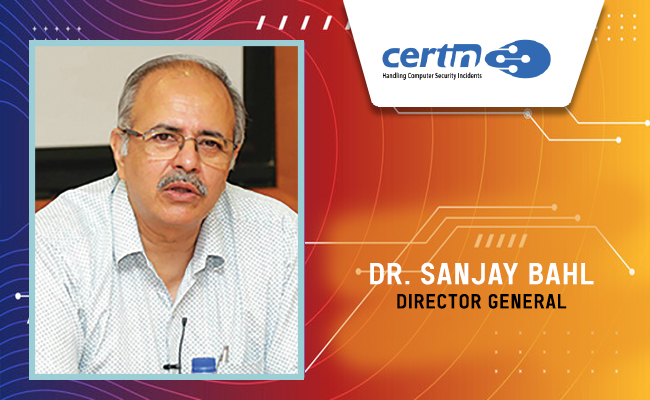
CERT-IN - Indian Computer Emergency Response Team
CERT-In is a national nodal agency for responding to computer security...

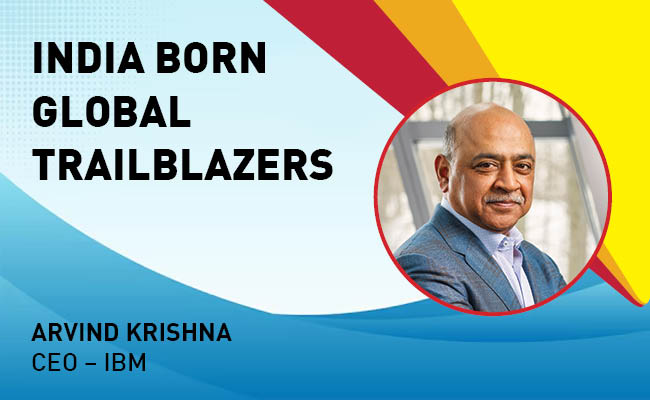
Indian Tech Talent Excelling The Tech World - ARVIND KRISHNA, CEO – IBM
Arvind Krishna, an Indian-American business executive, serves as the C...
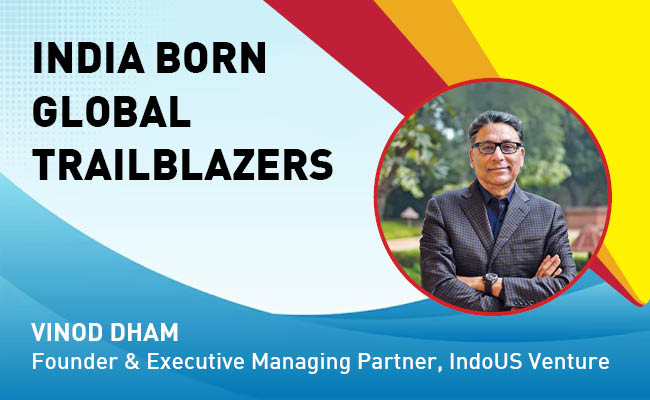
Indian Tech Talent Excelling The Tech World - Vinod Dham, Founder & Executive Managing Partner, IndoUS Venture Partners
Vinod Dham, known as the “Father of the Pentium Chip,” has left an...
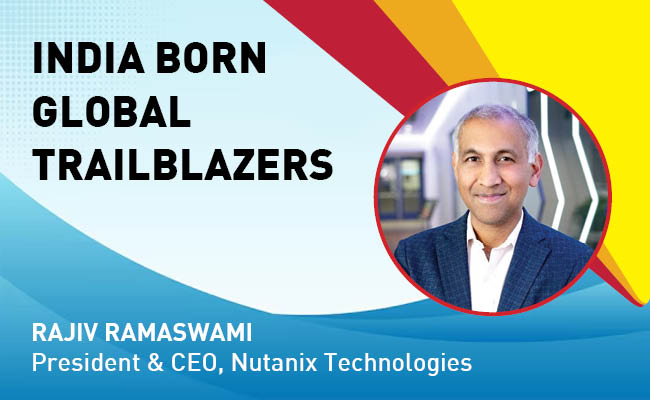
Indian Tech Talent Excelling The Tech World - Rajiv Ramaswami, President & CEO, Nutanix Technologies
Rajiv Ramaswami, President and CEO of Nutanix, brings over 30 years of...
 of images belongs to the respective copyright holders
of images belongs to the respective copyright holders